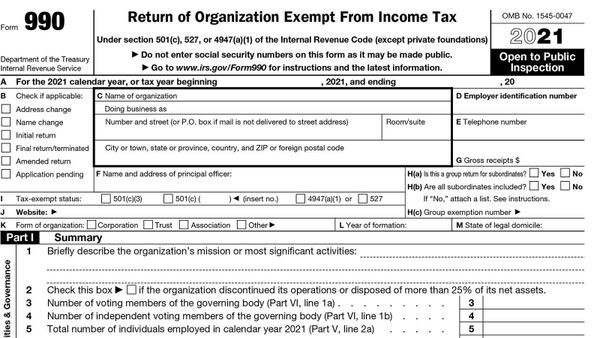Yesterday, an employee -- let's call here Charlotte -- e-mailed her boss, Greg, regarding an idea for marketing the company's services on social media. For the first time in weeks, Charlotte felt truly excited about her job. She had a million ideas, and she couldn't wait to get started. Later that afternoon, Greg appeared at the entrance to Charlotte's cubicle. "Those invoices aren't going to input themselves," he said, half-jokingly. "Maybe if you spent less time on Facebook and more time doing your job, we could talk about your 'initiatives.'" He winked at her and strolled away.
It's true: Charlotte had a whole stack of invoices to input. Before the encounter, she was making good progress. Afterward, she couldn't concentrate. Her stomach was churning. "I'm so stupid," she berated herself, "Maybe if I was an automaton like Nancy in payroll, or impeccably groomed like Nick in sales, or maybe if I wasn't five minutes late to work half the time, my boss would take me seriously."
Advertisement
Dealing with an unfair boss is inarguably stressful. Studies have shown corollaries between workplace stress and a host of psychological disorders and illnesses, including depression, cardiovascular disease, musculoskeletal disorders, suicide, cancer and impaired immune function [source: National Institute for Occupational Safety and Heath]. In August 2010, Omar Thornton, a beer delivery driver in Hartford, Conn., shot and killed nine of his coworkers after being asked to resign. Although Thornton never filed a formal complaint, his family reports that the last thing he said to them before he turned his gun on himself was that prejudice from his supervisors had pushed him over the edge [source: Singer]. Whether the discrimination was real or perceived, the results were undeniably tragic.
Charlotte's response to her unfair boss was to blame herself and wonder whether if her boss might have taken her seriously if only she'd been "perfect." Thornton, on the other hand, turned his anger outward and took the lives of nine people. While Thornton's response was unjustifiably extreme, Charlotte's response was also unhelpful. In the next section, we'll talk about how to respond to an unfair boss.
Advertisement




